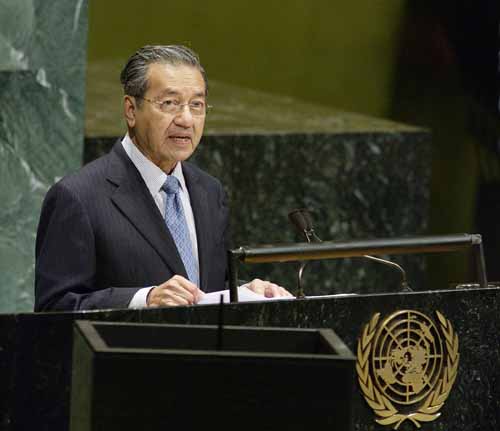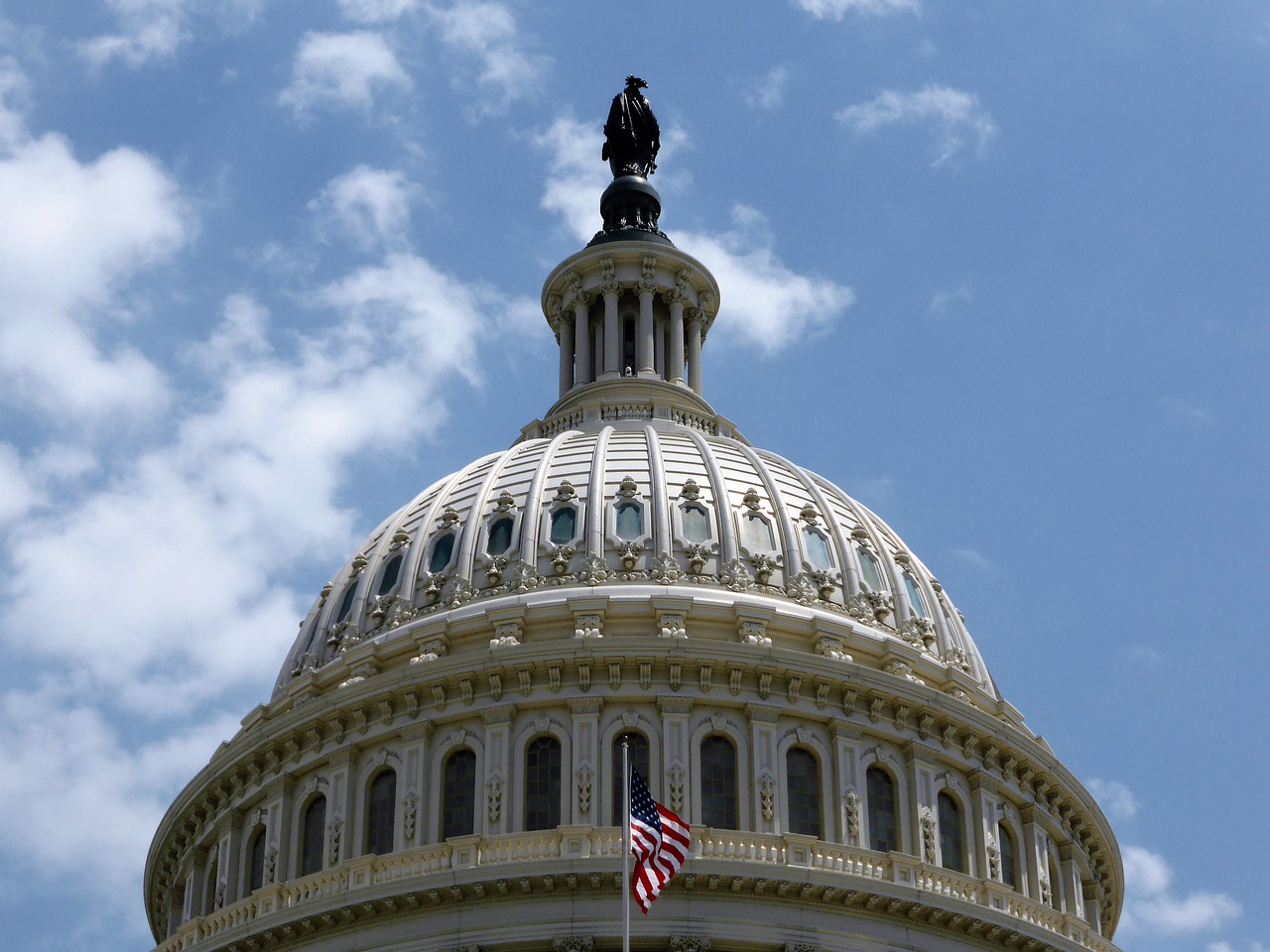The Historical Malaysian Elections, Explained
Former Malaysian Prime Minister Dr. Mahathir Mohamad and his center-left political opposition electoral alliance, Pakatan Harapan, regain political power in the Southeast Asian country’s federal parliamentary elections on May 9. The victory comes after more than sixty years of majority political rule by the conservative Barisan Coalition alliance.
At the age of 92 years old, Dr. Mohamad, an ethnic Malay Muslim, is the oldest political leader directly elected in the world after current center-left Tunisian President Mohamed Beji Caid Essebi, who was elected in 2014 during the country’s recent revolution and its surrounding region’s Arab Spring uprisings. Dr. Mohamad said that he will only be Malaysia’s head of government as well as the alliance’s chairman for two years or less. He noted that he was waiting for the alliance’s de-facto leader, former Deputy Prime Minister Anwar Ibrahim, to be released from prison and legally pardon from the country’s monarch for sodomy and corruption charges back in 2013. Two days after the elections and one day after the new government were officially sworn into office, Mohamad said that the country’s king will legally pardon Ibrahim.
If Ibrahim decides not to become the electoral alliance’s leader and the country’s prime minister for whatever reason, then his wife, the country’s new deputy prime minister and party president of the Pakistan Harapan Wan Azizah Wan Ismail, will succeed in both leading the new ruling alliance and the country. This would make her the first female prime minister of Malaysia. Also, it would make Wan Ismail one of the first women to rule as a head of government in the Muslim majority world after Benazir Bhutto in Pakistan, Khaleda Zia and Sheikh Hasina of Bangladesh, and Megawati of Indonesia.




